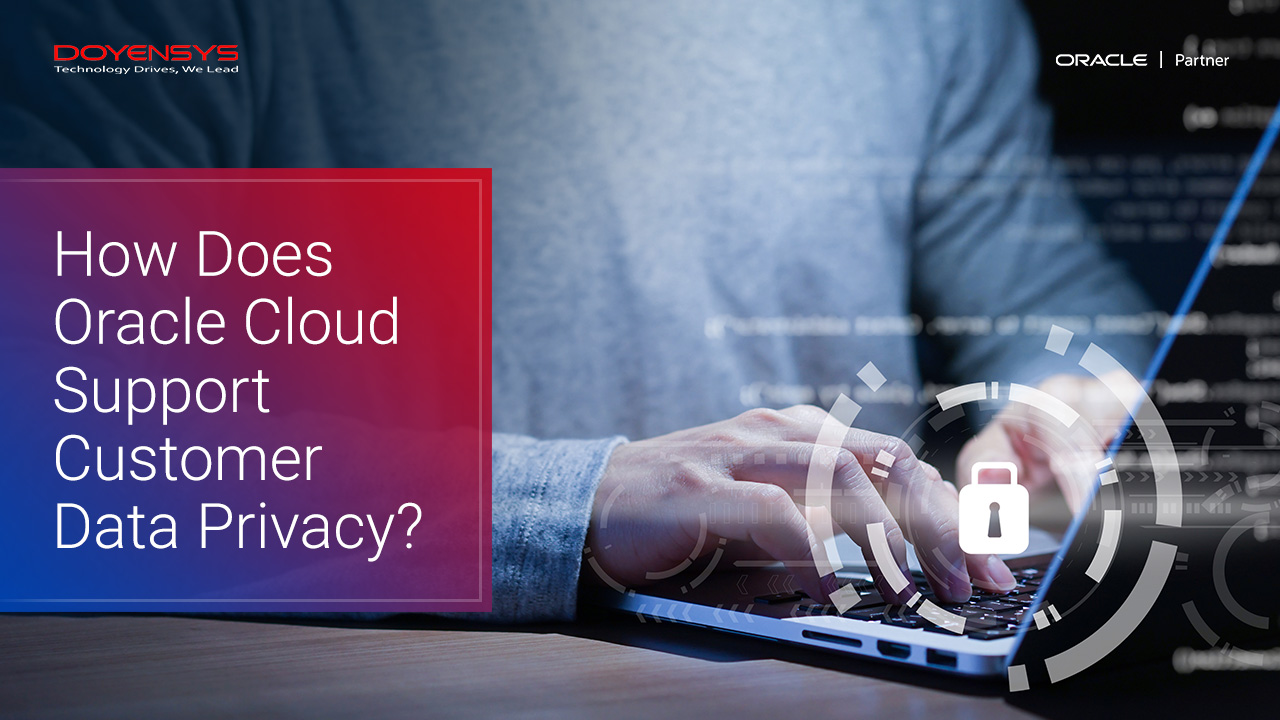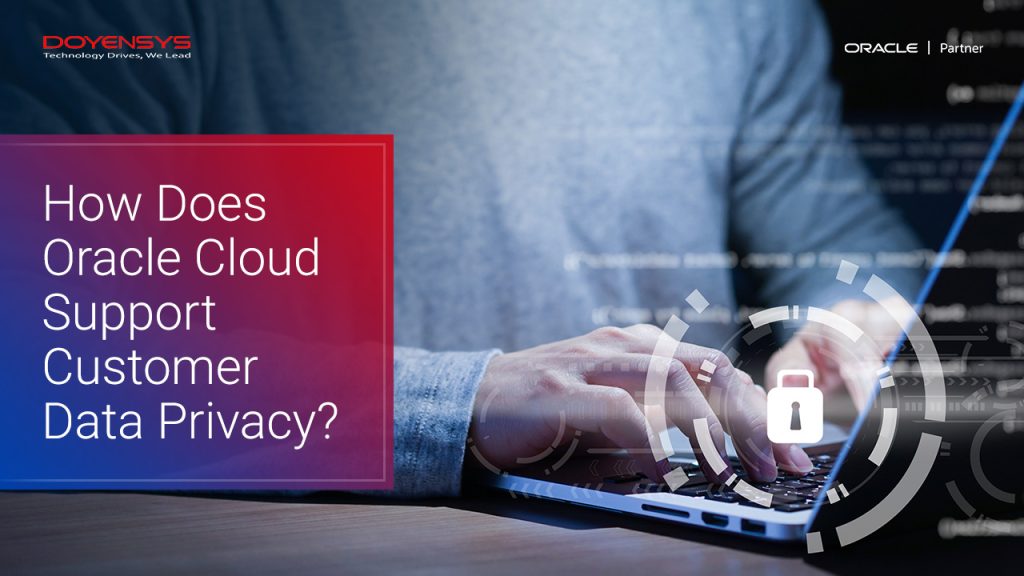
Understanding the laws and regulations affected by your firm’s operations is necessary for a multinational corporation with offices and employees in numerous nations. In addition, the use of cloud-based services to store and move your company’s electronic data has emerged due to the pervasiveness of electronic communication and the high cost of keeping up an internal information technology infrastructure that can keep up with the speed of business.
 By enabling on-demand access to a pool of configurable computing resources (such as networks, servers, storage, applications, and services), which can be swiftly provisioned and released with little management effort or service provider interaction, cloud computing significantly enhances network storage capabilities.
By enabling on-demand access to a pool of configurable computing resources (such as networks, servers, storage, applications, and services), which can be swiftly provisioned and released with little management effort or service provider interaction, cloud computing significantly enhances network storage capabilities.
Cloud computing boosts productivity and lowers information technology expenses, whether used for email or internal business metrics. However, cloud computing entails data distribution across any location’s computers.
By transferring data into or allowing access to data from nations with rigorous data privacy and protection laws, the cloud’s ability to cross international borders raises potential concerns. Data protection and cloud computing always go hand in hand because data protection violations threaten financial harm through penalties.
Around 70% of nations have already implemented data protection and privacy legislation, according to the United Nations Conference on Trade and Development (UNCTAD). However, it means that cloud service providers like Oracle must adhere to rules and practices and offer tools to help clients comply with the relevant privacy laws in their industry.
Data privacy and its importance
Data privacy is a set of guidelines for collecting or managing data, depending on how sensitive and valuable the data is. For example, personal health information (PHI) and personally identifiable information (PII) are data types often covered by data privacy.
Data privacy issues apply to every sensitive piece of data businesses deal with, including their customers, shareholders, and employees. Moreover, this data frequently has a crucial impact on corporate development and finances.
Thanks to data privacy, sensitivity exposure can be limited to those given permission. It shields data from malicious use by thieves and aids in making sure enterprises abide by legal standards. Nevertheless, large volumes of sensitive data, including corporate trade secrets, financial customer information, and less important data, are produced, gathered, and stored by companies today.
Organizations are also transferring data to the cloud and keeping it in various locations, adding complexity. These sites range from the basic public and private cloud repositories to intricate architectures like multi-clouds, hybrid clouds, and Software as a Service (SaaS) platforms.
The complexity of cloud systems brings on numerous security difficulties, increasingly strict data protection and privacy laws, and vendor-shared responsibility models.
Businesses can encounter significant challenges in establishing consistent security requirements across numerous cloud environments and proving auditor compliance. It could be why the data protection market is anticipated to reach $158 billion by 2024.
How Oracle supports data privacy needs?
Regarding data privacy laws, Oracle is typically referred to as a data processor, its clients as data controllers, and its end users as data subjects. Oracle is a processor acting on the instructions of the data controller & is not related to the data subject. Oracle offers cloud services by processing data at the customer’s discretion.
Customers can establish sound privacy policies with the help of capabilities and services provided by Oracle Cloud Infrastructure (OCI). Oracle strongly emphasizes maintaining the privacy, accuracy, and accessibility of customer data.
Oracle offers cloud services for infrastructure, platforms, and software as a service (SaaS) that are designed for enterprise workloads. In addition, Oracle’s data security procedures help ensure that logical and physical security measures are established and validated across the full cloud services.
So, how does Oracle help comply with data privacy needs & data privacy principles?
1. Transparency
Oracle’s general approach to handling customer data is made transparent in the Oracle Services Privacy Policy. As a result, OCI is open and honest about where your information is handled and kept. This openness is crucial since certain data privacy laws specify the conditions for international data transfers.
2. Data Minimization
As a cloud provider, Oracle typically must gain knowledge of the data you keep and process in OCI, the reasons it was gathered, or whether the processing is taking place in addition to what you have disclosed to your end users.
To organize, analyze, and compute data, it offers customers a flexible tagging operation, the capacity to establish compartments beneath your initial root compartment, and virtual cloud networks.
3. Accuracy
Oracle often does not know whether you save personal information or its integrity concerning specific people. To help you store accurate copies of your data, OCI provides Object Storage, Block Volume, and File Storage services.
4. Availability
In the available home region of your choice, your tenancy is established. Physically separate and fault-tolerant availability domains make up many OCI regions. These availability domains can be used to create replicated systems.
Within an availability domain, hardware and infrastructure are grouped into fault domains. The fault domain can be specified while creating a new compute instance. It allows you to spread the compute instances over different pieces of physical hardware inside the same availability domain.
5. Breach notifications
When Oracle detects that customer data managed by Oracle has been improperly handled or accessed, Oracle investigates the incident and takes appropriate action. In addition, Oracle’s Data Security Event Reporting & Response Policy outline guidelines for reporting & responding to various instances & incidents.
Due to the massive volumes of personal data that today’s firms collect, marketing teams need solutions that let them manage at scale. Thanks to its wide range of capabilities, you and your company can handle personal data safely with Oracle Responsys.
You can include tools that let your clients decide how their data will be used in these data-collection activities. In addition, Oracle Cloud offers controls that can be tailored to fit certain company needs.
Make customer data privacy a priority:
Businesses on servers, computers, and the cloud typically keep sensitive information. However, without a sound data security policy, sensitive data may end up in the hands of hackers, giving them access to your network and exposing the private data of your clients and staff.
